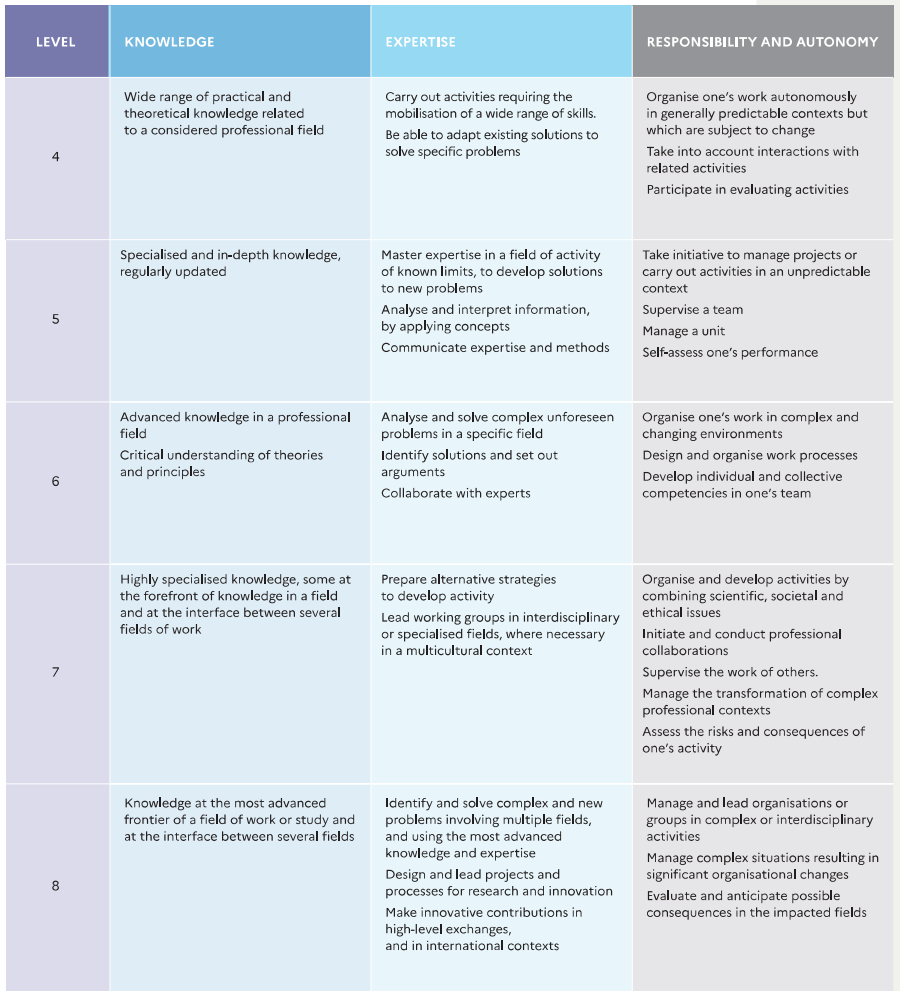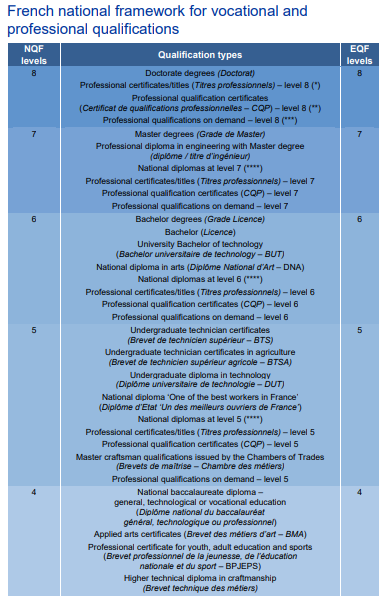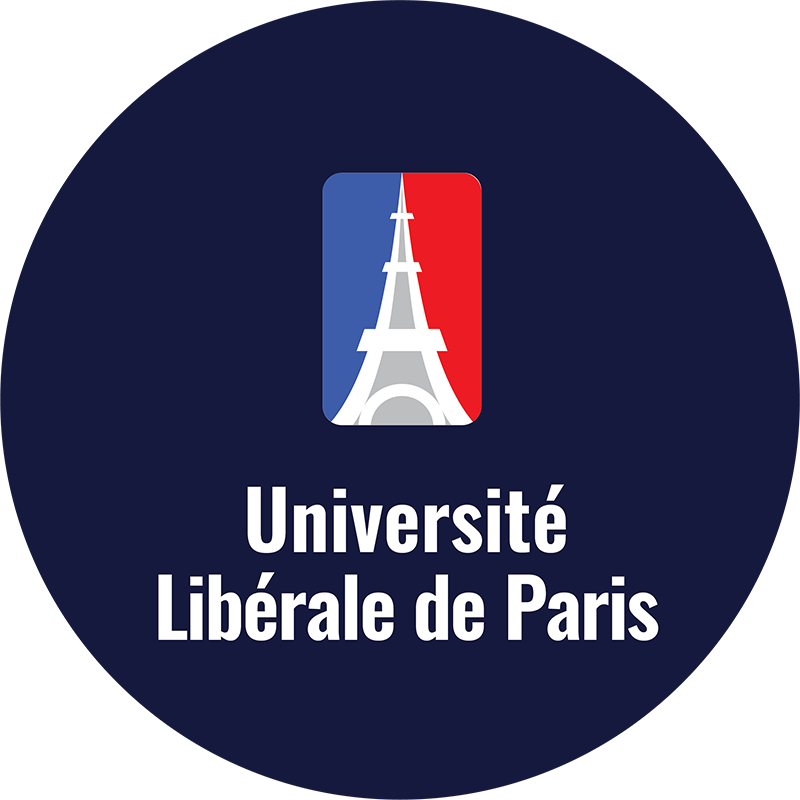The European Qualifications Framework (EQF) is the framework that compares and relates different national qualification systems specializing in Europe. It is expected that universities would apply this framework in enhancing many aspects. EQF provides a standardized system for comparing and recognizing qualifications, allowing universities to communicate more effectively with each other and employers.
Additionally, universities intend to apply EQF to provide better opportunities to collaborate and share best practices, which can lead to more significant innovation and increased mobility for students and staff. This article provides information about the advantages of EQF to learners, specifically of higher education levels.
Table of Contents
ToggleThe European Qualifications Framework (EQF)
General information about EQF.
The European Qualifications Framework assigns eight levels to qualifications, with Level 8 being the highest level of education or training and Level 1 being the lowest. In terms of higher education, qualifications are classified in EQF using the following criteria:
- Knowledge: The level of knowledge required to complete the qualification.
- Skills: The level of skills required to complete the qualification.
- Autonomy and Responsibility: The degree of autonomy and responsibility required to complete the qualification.
- Complexity: The complexity of the tasks required to complete the qualification.

EQF in applying France National Qualification Framework (Europass, n.d.)
Based on these criteria, higher education qualifications are assigned to one of the eight EQF levels, as follows:
- Level 5: Qualifications at this level typically include short-cycle tertiary education, which provides the knowledge, skills, and competencies needed for specific jobs or professions. These qualifications are equivalent to the first cycle of higher education.
- Level 6: Qualifications at this level typically include bachelor’s degrees, which provide the knowledge, skills, and competencies needed for professional work and further learning. These qualifications are equivalent to the first cycle of higher education.
- Level 7: Qualifications at this level typically include master’s degrees, which provide the knowledge, skills, and competencies needed for professional work and research. These qualifications are equivalent to the second cycle of higher education.
- Level 8: Qualifications at this level typically include doctoral degrees, which provide the knowledge, skills, and competencies needed for independent research and scholarship. These qualifications are equivalent to the third cycle of higher education.
Students can reference here for more details about the levels.
It’s worth noting that the level assigned to a qualification can vary depending on the country and specific qualification. The EQF is intended to be a tool for the comparison and recognition of qualifications, not the standardization of them.
Advantages of EQF to learners.

The framework makes it easier to have their qualifications recognized across borders.
The recognition.
One of the main benefits of the EQF for higher education learners in France is the recognition of qualifications. The framework makes it easier for individuals to have their qualifications recognized across borders, which can be particularly beneficial for those looking to study or work in another country. This can open up new opportunities for learners and help facilitate their career progression.
The transparency and clarity.

The EQF provides transparency and clarity for learners.
The EQF also provides transparency and clarity for learners. It provides a clear and transparent way for individuals to understand their qualifications and how they compare to those in other countries.
Learners will be able to match their education with job opportunities better. It provides employers and educational institutions with a common framework for understanding the qualifications of job applicants and students.
The mobility of the qualification.
EQF is intended to promote learners’ mobility in various circumstances. The EQF can help make it easier for learners to have their qualifications recognized in other countries, opening up new opportunities for study and work. This can be particularly beneficial for learners interested in pursuing an international career.

The European Qualification Framework help learners continuously develop their skills and knowledge, which can lead to better career prospects.
It also encourages lifelong learning by making it easier for individuals to understand their qualifications and how they can progress to higher levels of education or training. Learners can continuously develop their skills and knowledge, leading to better career prospects.
Credit transferability.
The EQF promotes credit transferability by providing a common language describing the knowledge, skills, and competencies acquired through a qualification. This means that individuals can more easily transfer credits between different educational systems, and institutions can more easily recognize and accept credits from other institutions.

The EQF facilitates credit transfer between different educational institutions and countries.
The improvement in employability
One of the benefits that could be mentioned in the EQF is the improvement of employability. It provides a common framework for employers and educational institutions to understand job applicants’ qualifications, making it easier for learners to find employment that matches their skills and qualifications. This can lead to better job security, career progression, and earning potential.
The qualification framework helps learners to increase their competitiveness in the job market. With the globalization of the economy, employers are increasingly looking for employees with internationally recognized qualifications.

The European Qualification Framework encourages lifelong learning by making it easier for individuals to understand and progress to higher education or training levels. Additionally, it can help learners to develop a more diverse set of skills in order to continuously develop their skills and knowledge, leading to better career opportunities.
Conclusion
The European Qualification Framework provides a number of benefits for higher education learners in France. It can help learners recognize their qualifications across borders, provide transparency and clarity, promote mobility, encourage lifelong learning, facilitate credit transfer, and improve career prospects.
In brief, the EQF provides many benefits for higher education learners in France. It can not only help learners to have their qualifications recognized across borders and facilitate credit transfer but also improve career prospects.

Paris-U is proud to be the first liberal arts university for higher education learners based on the European Qualifications Framework. With the variety of majors for students to choose from, we are pleased to welcome you to register. You can click here for a free consultation.
References
Cedefop. (2021, December 16). France – European inventory of NQFs 2020. CEDEFOP. https://www.cedefop.europa.eu/en/country-reports/france-european-inventory-nqfs-2020
Europass. (n.d.). EQF Referencing Report | France | Europass. Europa. eu. Retrieved February 6, 2023, from https://europa.eu/europass/en/document-library/eqf-referencing-report-france




